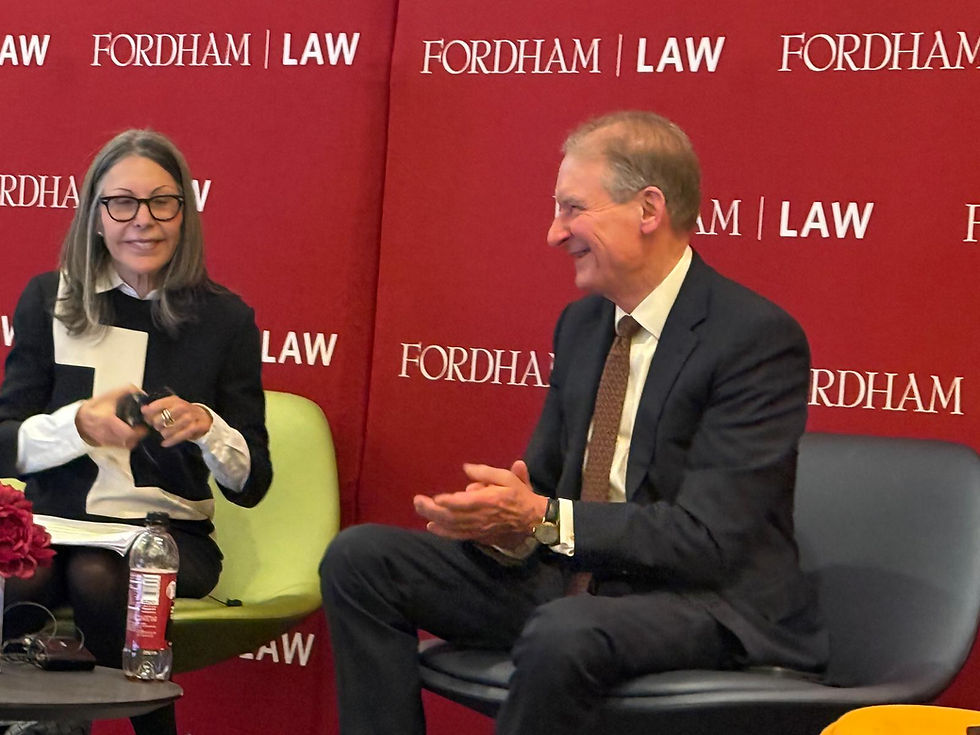AI agents exchange tokens in possible Crypto x AI first: Coinbase
- Michael Bacina

- Sep 4, 2024
- 2 min read

Brian Armstrong, founder of Coinbase, has announced an interesting first, artificial intelligence powered agents (which are planned to be automated assistants to help take mundane tasks away from needing to be done by humans) have exchanged AI tokens (not crypto tokens) between each other autonomously.
In a post on X (formerly Twitter), Mr Armstrong said this is the first step but will expand further to stablecoins soon:
AI agents cannot get bank accounts, but they can get crypto wallets. They can now use USDC on Base to transact with humans, merchants, or other AIs. Those transactions are instant, global, and free.
Armstrong was promoting MPC Wallets from Coinbase that can integrate via the Coinbase Developer Platform, with a hope that AI agents could be empowered to undertake financial transactions using wallets funded by humans.
This opens up possibilities of using AI agents to gain functionality that online businesses don't currently offer, like giving an AI agent a standing order to make purchases when a price reaches a certain level (but where the website involved doesn't offer that feature) or other "if this then that" style logic which present systems can run but which require subscriptions and coding and testing to get right. The flexibility of AI systems being able to utilise and build on smart contracts is a fascinating extension of the ability to use the internet for even more value creation and convenience than ever before.
With regulation struggling to keep up with definitions of crypto, AI use of crypto is sure to move even further ahead of policy makers and regulators, and need careful thought on how to approach the balance of innovation and consumer protection. We have seen OpenAI and Anthropic just agreeing to share their LLM code with the US government, in what might be protective for consumers, or might just set up privacy and scam risks given the higher chance of the code being leaked or falling into hostile actor's hands.
By Michael Bacina



